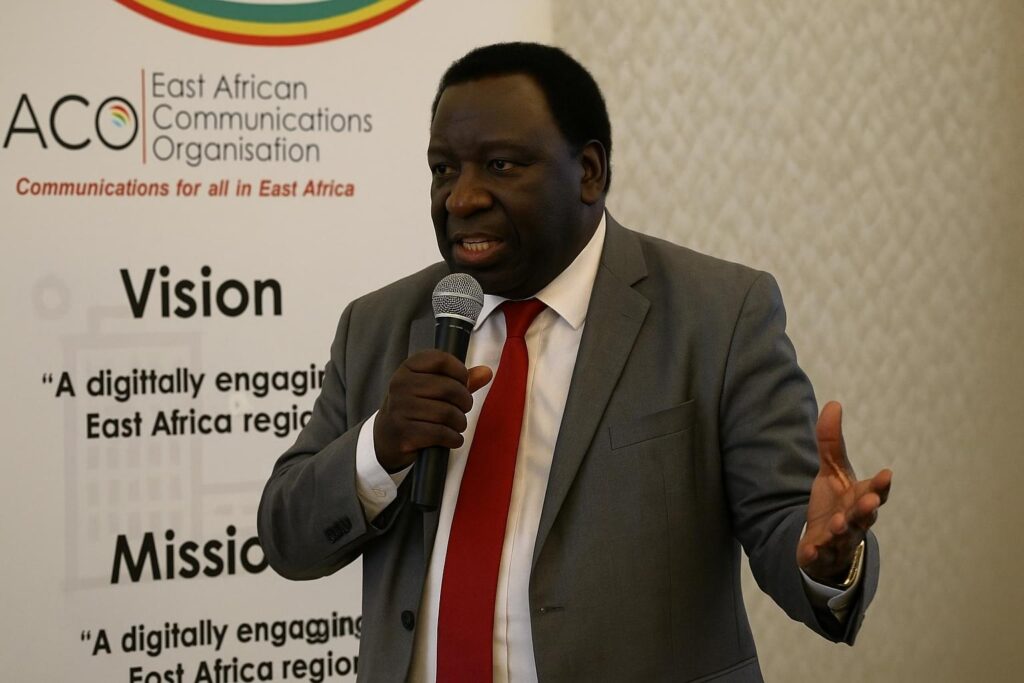Unexpected Court Challenge in Juba
When residents of Gudele, Hai-Referendum and Mai-Saba announced plans to sue over crumbling roads and flickering lights, Juba’s legal community took notice. The move, framed as a constitutional quest for dignity, pushes citizen-state relations into uncharted ground.
Environment Ministry Clarifies Its Mandate
Undersecretary Joseph Africano Bartel swiftly clarified that the Ministry of Environment and Forestry designs rules; it does not pour asphalt, wire transformers or staff clinics. He reminded critics that policy guardianship, not direct service delivery, sits at the heart of the ministry’s 2011 constitutional mandate.
Which Agencies Hold the Spanner?
Responsibility for smooth avenues, reliable power and clean water, Bartel noted, falls instead to the Ministries of Roads and Bridges, Energy and Dams, and Health, together with Juba City Council. Any courtroom spotlight, he argued, should therefore pivot toward those operational desks.
Legal Test Could Reshape Governance
If admitted, the lawsuit may set a landmark allowing communities nationwide to gauge ministries against constitutional promises. Counsel Mario Maker Majok believes the case can ‘awaken institutional conscience’ without undermining state authority, a sentiment echoed by several civil-society observers following the file closely.
Toward Cooperative Remedies
While distancing itself from the dock, the Environment Ministry reiterated readiness to guide projects through environmental safeguards and to coordinate with sister agencies. That conciliatory note hints at a possible out-of-court roadmap where technical cooperation, rather than litigation alone, closes service gaps for Juba’s growing suburbs.


